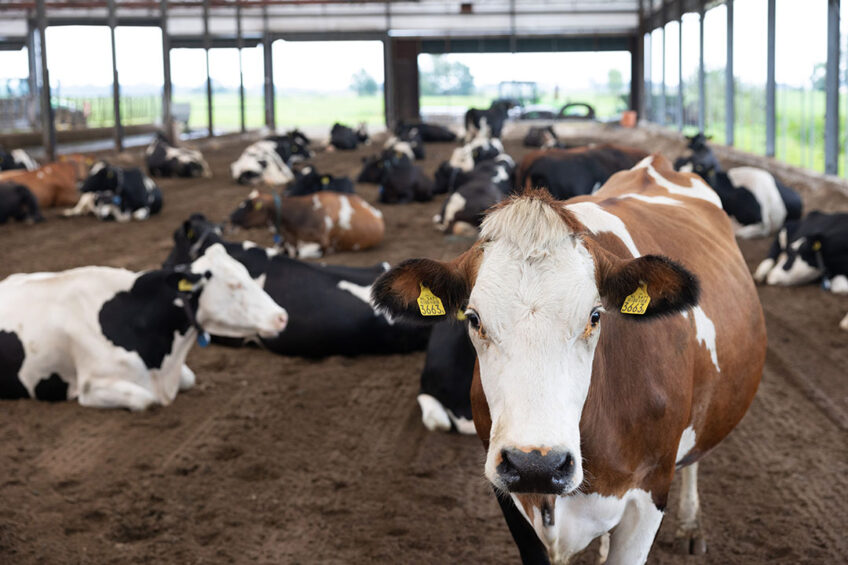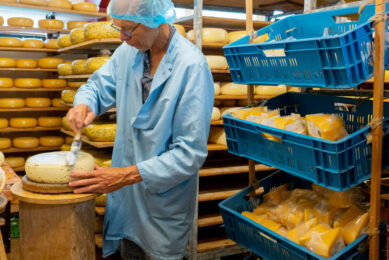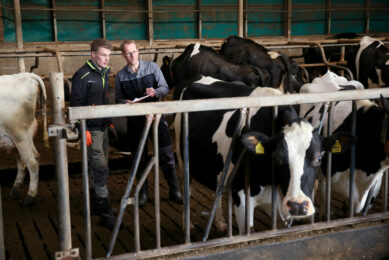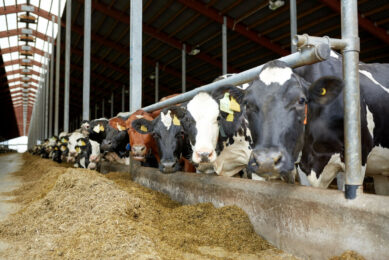First production of boluses for dairy commences in Russia

A group of scientists from Zelenograd Innovative and Technical Complex have started producing boluses. Trials showed that using the boluses results in an increase in milk.
“This is the first of its kind development in Russia. Its use will allow ramping up milk yield,” the scientists claimed.
The developed 200g bolus is made of biocompatible polymer and has various electrochemical and electromechanical sensors. They will transmit information to an AI-powered system about the temperature in the stomach, pH level and motor activity of the animal.
The technology is on par with those available on the global market, Sergei Merkulov, director of the engineering centre under the Moscow Institute of Electronic Technology, one of the authors of the project, asserted.
Under the project, the scientists developed their own software, selected shell polymer composition, and developed algorithms for the processing and interpretation of the collected information.
The scientists originally planned to begin serial production in 2022, but the energy consumption of the sensors appeared to be too high, which limited the bolus’ operation time to only 6 months.
Investments promise to pay off
The initial trials showed that using the boluses spurs milk yield by 15%, while the average period of milking increases by 20 days. Such changes will make a difference in a farm’s economy, Merkulov assumed.
The developed algorithms can diagnose infectious and parasitic diseases before the first symptoms appear, the scientists reported.
“By getting information about changes in animal condition, you can quickly assess the situation and take the necessary measures in the early stages of the disease, even before the manifestation of clinical signs,” Roman Rogov, associate professor of the department of veterinary medicine at the Agricultural and Technological Institute, commented. This will reduce costs and time for treatment, labour costs, and prevent the spread of a possible disease throughout the herd, Rogov added.
In addition, the system identifies critical biological processes such as calving and oestrus cycles. “Detection of these processes allows insemination to be carried out at the most favourable time for the cow, which contributes to a high probability of fertilisation,” the researchers reported.
Monitoring pH levels in the stomach helps optimise animal feeding, they added.
Reasonable doubts
Russian newspaper Izvestia, however, reported that although the new technology looks promising, systems where the use of boluses is combined with other tools, such as video surveillance at the farm, provide more opportunities to farmers. Besides, Izvestia assumed that the technology is yet to be tried in real farm conditions.
Join 13,000+ subscribers
Subscribe to our newsletter to stay updated about all the need-to-know content in the dairy sector, two times a week.










